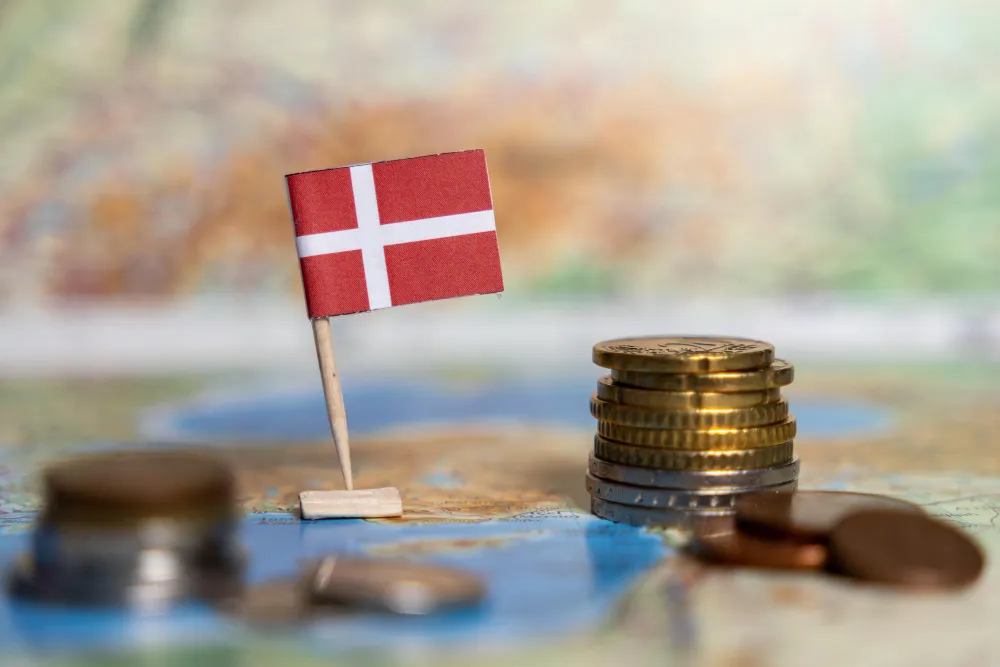
Denmark’s Migration Shift Sparks Momentum for EU Policy Overhaul
Denmark’s Migration Model Gains Momentum Across the EU
Once seen as an outlier in the European Union’s approach to migration, Denmark is now emerging as a frontrunner influencing regional policy. With a firm stance forged over years of restrictive laws, the country now finds its strategy echoed by a growing number of EU states.
“Policies that were once controversial are now becoming mainstream among European leaders,” said Danish Prime Minister Mette Frederiksen in Strasbourg. Her remark highlighted Denmark’s rising influence, which has grown significantly since the migration crisis of 2015–2016.
From Isolation to Inspiration
Denmark's approach began with a sharp turn away from conventional asylum practices. Exercising its opt-out from the EU’s asylum rules, Denmark introduced a paradigm shift in 2019. Refugees were granted only temporary protection, with long-term residency tied to strict work and integration requirements.
This move allowed authorities to frequently review protection statuses and revoke permits when deemed unnecessary. Denmark became the first EU country to designate parts of Syria as “safe,” sparking controversy by revoking residence permits for many Syrian refugees.
Another major flashpoint was a 2021 agreement with Rwanda, intended to relocate asylum seekers while their claims were reviewed. Although Denmark later abandoned the plan, the principle of outsourcing asylum processing remained—and gained momentum at the European level.
Shaping EU Migration Strategy
After the EU adopted the New Pact on Migration and Asylum in May 2024—intended to create unified migration rules—Denmark pushed even further. Just days later, it co-authored a letter with 14 other countries urging the EU to allow external asylum processing and support "return hubs" for deported individuals awaiting removal.
The move was bold and symbolic, underscoring Denmark’s ambition to influence the bloc’s direction. EU Commission President Ursula von der Leyen soon gave public backing to the idea of deportation centres outside EU borders, a marked shift from the Commission’s earlier stance.
A draft regulation followed, allowing member states to establish such centres in third countries in exchange for financial incentives. Coincidentally, Denmark holds the rotating EU Council presidency, with a goal to finalize this regulation before the end of 2025.
Another priority: re-evaluating the "safe third country" concept to simplify relocating asylum seekers beyond EU borders.
Growing Political Support, Rising Ethical Concerns
With support expanding—Germany joining the initiative under new leadership—Denmark now leads a powerful coalition. However, rights groups have voiced alarm. Humanitarian organisations warn that outsourcing asylum could lead to ethical violations and inefficient spending.
"The Danish model promotes deterrence over dignity,” said Céline Mias of the Danish Refugee Council. “It risks eroding international protections and fails to address long-term solutions.”
So far, Denmark and its allies have not outlined operational or financial details for the proposed return hubs. No host countries have been confirmed, and concerns about compliance with human rights standards remain a major hurdle.
Social Democrats with a Hard Line
What makes Denmark’s case exceptional is the political identity of its leadership. The country’s hardline migration stance isn’t driven by a conservative government—but by the Social Democrats. While the party upholds progressive values on climate, equality, and welfare, it has drawn a firm line on migration.
This has proved politically advantageous. Frederiksen is one of only three centre-left leaders still holding office in the European Council, alongside Malta’s Robert Abela (who supports outsourcing) and Spain’s Pedro Sánchez (who opposes it).
Immigration Minister Kaare Dybvad argues that left-wing parties must realign their message on migration. “Working-class communities carry the heaviest burden of integration,” he said, adding that tougher policies protect social cohesion and secure electoral survival against the far-right.












